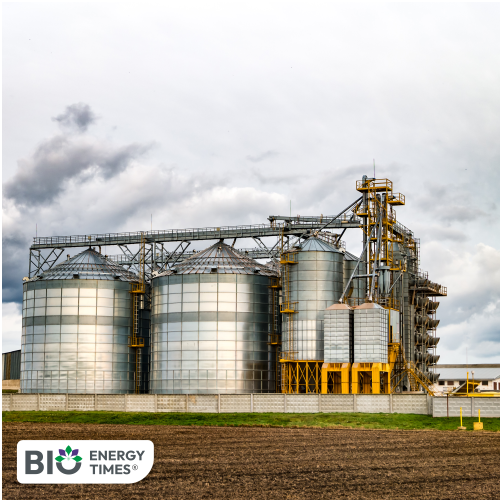As New Delhi struggles with worsening air pollution each winter, farmers in parts of Punjab are increasingly sending crop stubble to recycling units instead of burning it — a long-standing practice that has contributed heavily to the capital’s toxic air, reports The Telegraph online.
Stubble smoke, combined with vehicle emissions and dust, lingers in the colder months when slow winds prevent pollutants from dispersing. Now, according to the Confederation of Indian Industry (CII), farmers in more than 800 of Punjab’s roughly 12,000 villages are using balers to collect crop residue and transport it to units that turn it into biogas, bio-fertiliser and cardboard.
Although the shift marks progress, stubble burning continues across northern states. Sunil Dahiya, founder and lead analyst at Envirocatalysts in New Delhi, said the change is only partial. He noted that while these initiatives have helped reduce some burning, incentives and awareness remain far below what is needed for meaningful, widespread impact.
CII said it is providing farmers with equipment and support. “Because of stubble burning, we are surrounded by smoke … It’s not something we want to keep doing. That is why we are storing the residue and sending it to boilers for sale,” said Dalbir Singh, a 25-year-old farmer from Balwar Kalan village in Sangrur.
Burning crop residue has long been the fastest way to clear fields between the rice harvest and the wheat-sowing season, which normally takes place in early to mid-November.
Last week, New Delhi’s air quality index remained around 400 — classified as “severe” — prompting authorities to impose additional restrictions on construction and industrial activity.
Gurnaib Singh, a 53-year-old farmer from Phaguwala village in Sangrur, said he has set up a unit to manufacture cardboard from crop stubble, helping reduce pollution while also generating employment for dozens of people.














